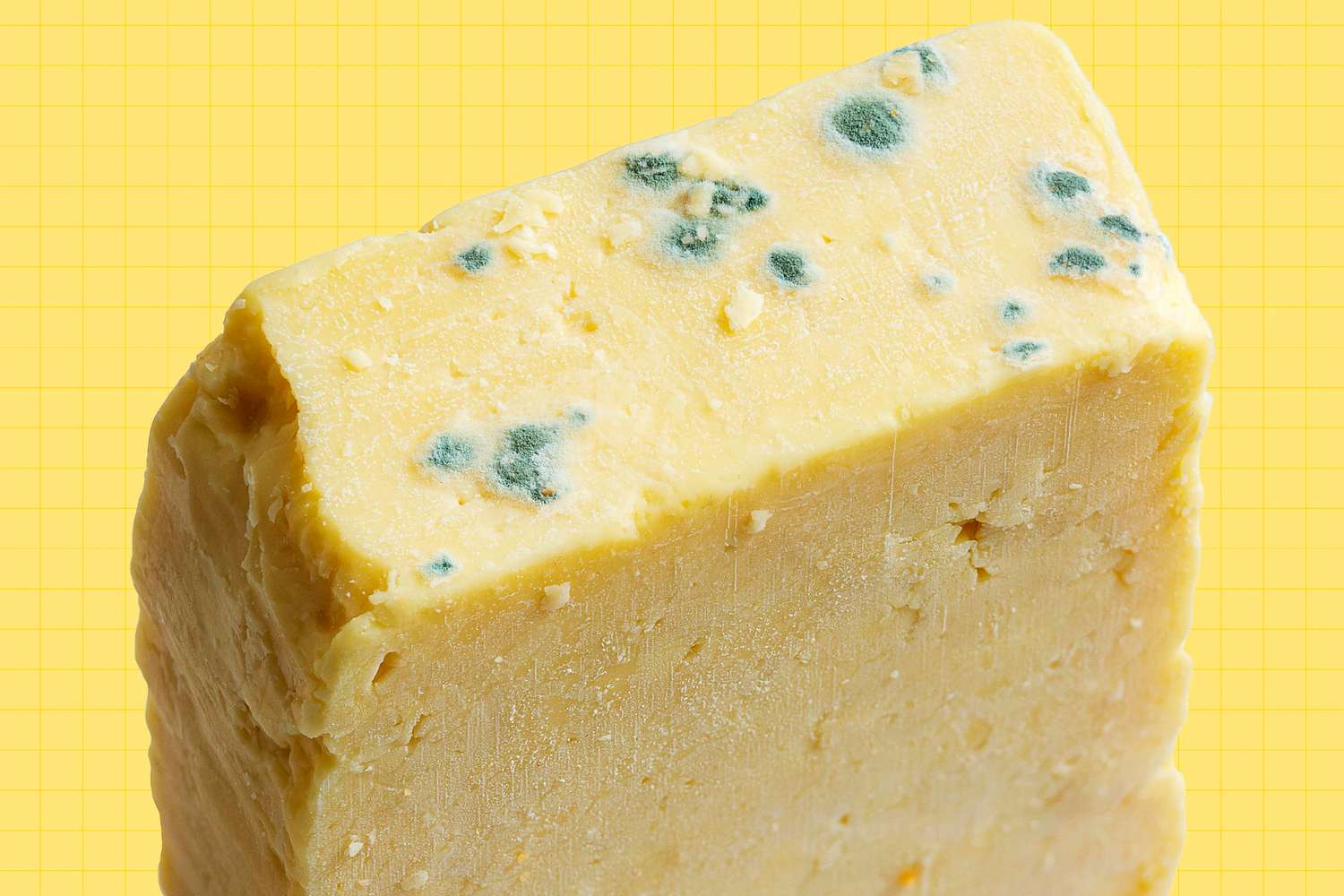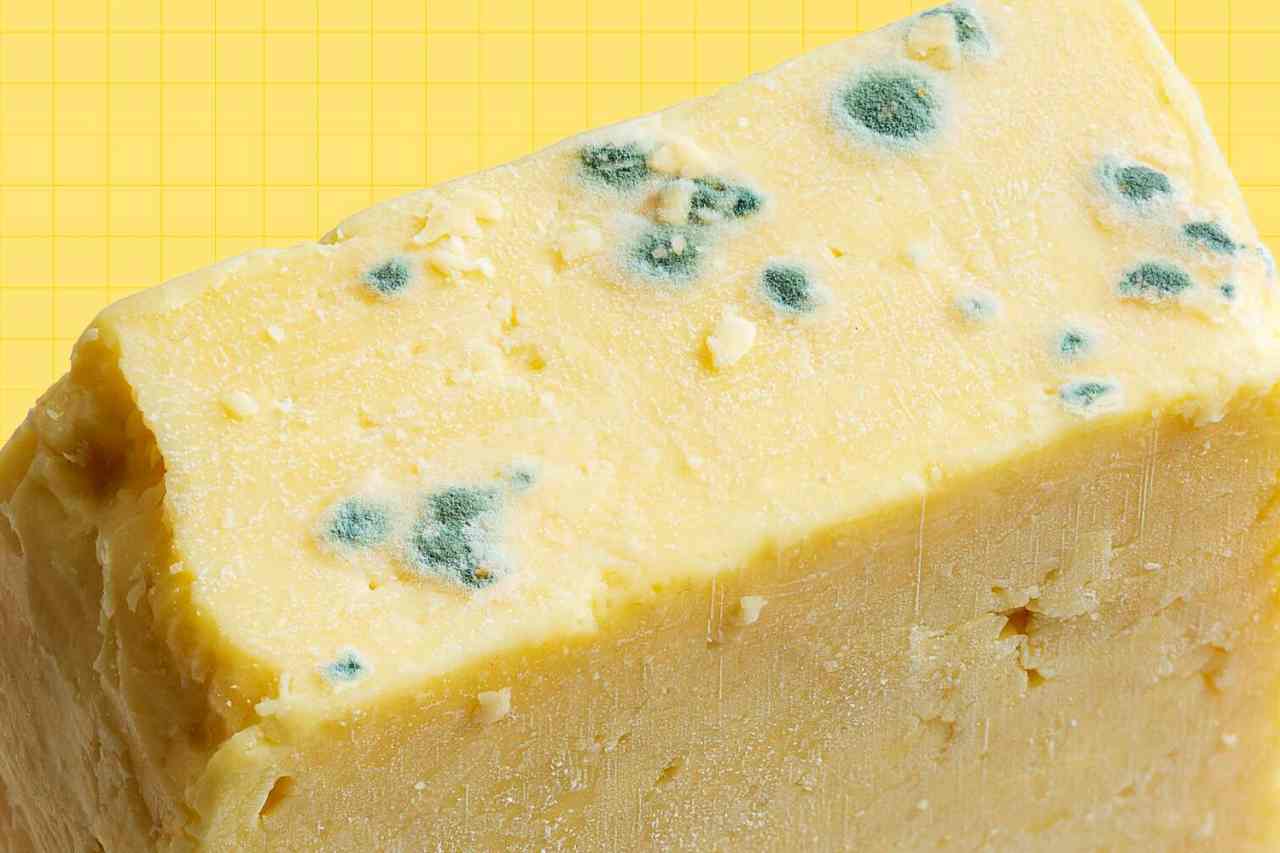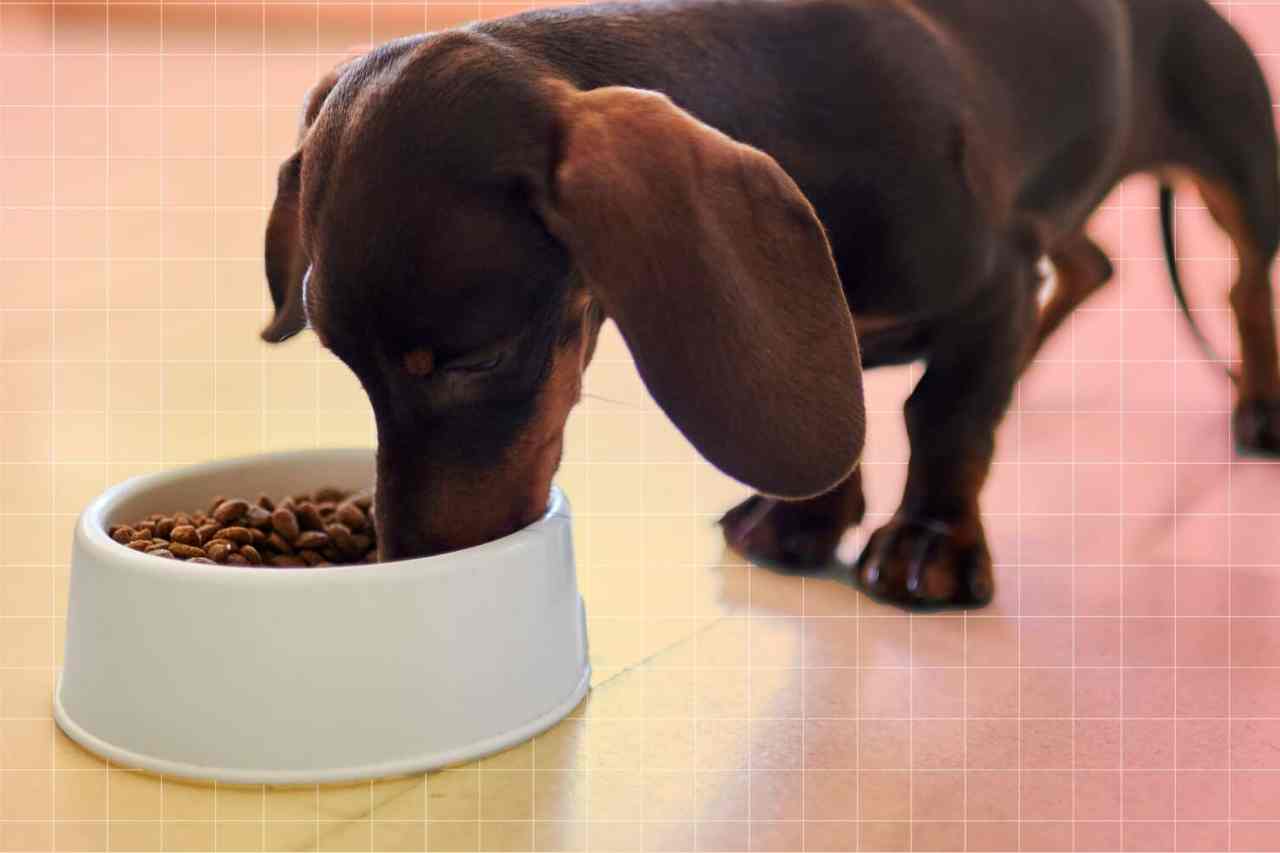Cheese is, and I don’t suppose I’m exaggerating right here, maybe the very best type of meals milk can aspire to. The lots of of types imply there may be probably a cheese for almost each palate, and nearly all cultures all over the world with entry to take advantage of have created their very own variations—from mushy contemporary cheeses you may eat the day they’re made to cheeses aged so lengthy they might vote within the subsequent election. Today, even probably the most fundamental grocery retailer has an honest stash of slabs and wedges to select from, and in case you are something like me, it’s simple to overbuy. Additionally it is simple to neglect a few cheese you will have already opened and unwrap a brand new one. Which implies, inevitably, we’re confronted with a moldy cheese. Which begs the query, is moldy cheese salvageable, and the way do I do know?
Associated: Is It Protected to Eat Sprouted Garlic?
Good mildew vs. unhealthy mildew
In some methods, all cheese is, in and of itself, mildew. And most of the molds concerned in cheesemaking are nice. That thick coating of white mildew on soft-rind cheeses like Brie or Camembert, or the blue veins in your favourite Gorgonzola. And admittedly, not one of the molds which can be prone to develop in your cheeses will make you ailing. However they’ll probably have an effect on the flavour of your cheese, and never in a great way. So, it is very important know the best way to deal with the mildew in your cheeses to make sure you don't waste any scrumptious morsels.
Associated: Tacky Spinach-Zucchini Lasagna
What ought to I do with moldy cheese?
Assess the mildew scenario first by sort of cheese. Any contemporary mushy cheese—ricotta, mascarpone, chèvre and the like—ought to simply be discarded, for the reason that damp setting implies that the mildew has probably penetrated deep into the cheese and, whereas not poisonous, may have negatively impacted the flavour. Tender cheeses like Brie or Port-Salut ought to have a few quarter-inch lower away from any floor the place mildew is seen. More durable, aged cheeses, like aged Cheddar or Parmesan can simply have the mildew scraped away. With white, fuzzy mildew, tinged with inexperienced, the flavour impact is minimal and the mildew might be safely lower away with out incident. Black or grey mildew is much less fascinating, and you must lower away extra of it to take away any cheese that is perhaps impacted. Any moldy cheese that smells of ammonia or is each moldy and moist needs to be discarded.
 Moldy block of cheese on a designed background Credit score: Getty Photos / Russell102
Moldy block of cheese on a designed background Credit score: Getty Photos / Russell102
Associated: Is It Protected to Eat Floor Beef That's Turned Grey?
What if I ate moldy cheese?
You ate cheese, so that you had been consuming mildew anyway. There is no such thing as a must panic, except you ate a complete wedge of cheese thickly coated in inexperienced fur (and in that case, you will have different points you would possibly wish to discover), you might be most unlikely to get sick from cheese with somewhat mildew on it. Your abdomen acid is a few highly effective stuff and can kill the spores within the mildew earlier than you’d really feel any impression.
Associated: Tacky Beef Enchilada Casserole
How can I stop cheese from molding?
Storing cheeses correctly and consuming them inside an inexpensive timeframe is one of the best ways to stop cheese from molding. To retailer cheese, wrap in particular cheese paper, or in a layer of parchment paper. Label with the kind of cheese and the day you acquire it. Retailer in your crisper drawer, which may have constant temperature and humidity. When you’ve got a devoted wine fridge, you may retailer cheese in there, the place the temps are much less chilly, which is definitely higher for the cheese.
Associated: Is It Protected to Eat an Onion That Has a Brown Ring?
What cheeses are least prone to mildew?
Need to keep away from the mildew subject as a lot as attainable? Follow long-aged, onerous cheeses like Parmesan, pecorino, older Cheddars, aged Gouda and the like. Cheeses that age for 18 months or longer are least prone to mildew on you.
Associated: 5 Causes Cheese Is Really Good for Your Well being
Backside line
Whichever cheeses you like most, purchase them contemporary, retailer them correctly, and don't get anxious about somewhat little bit of mildew. In any case, within the cheese world, typically the mildew is probably the most scrumptious half!
Associated: Wholesome Cheese Recipes


